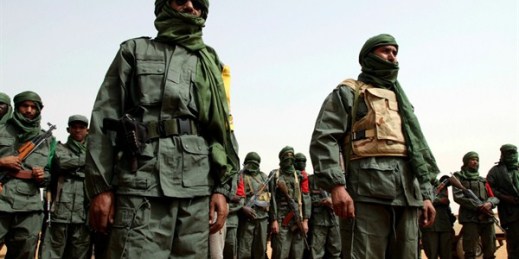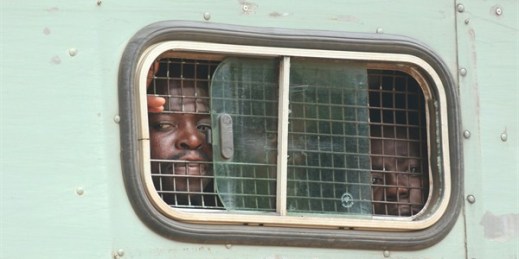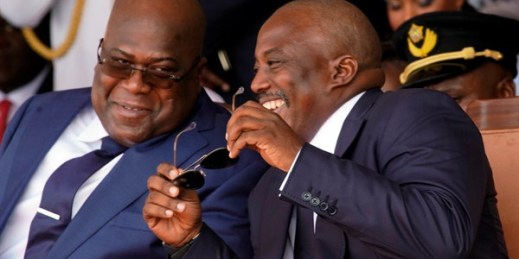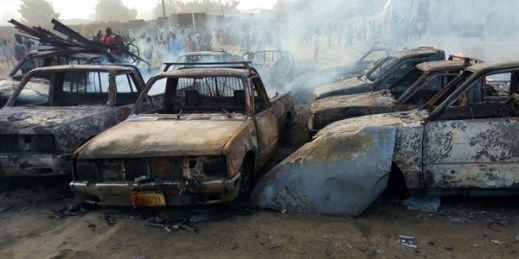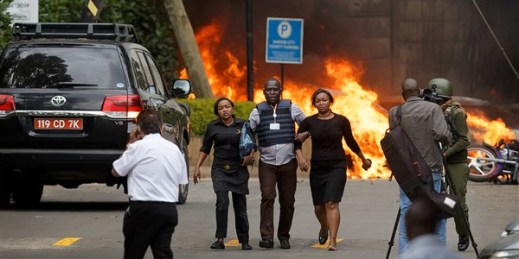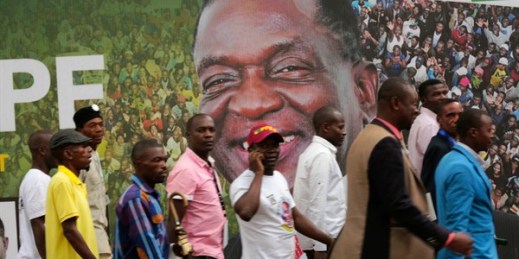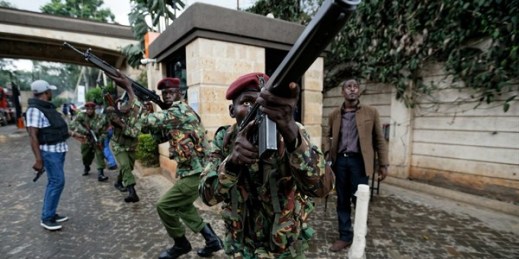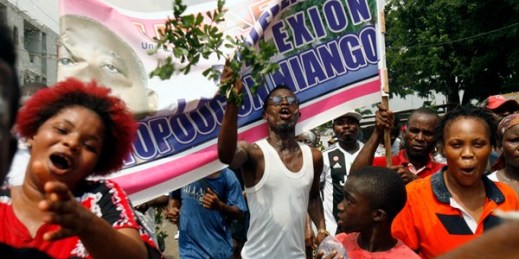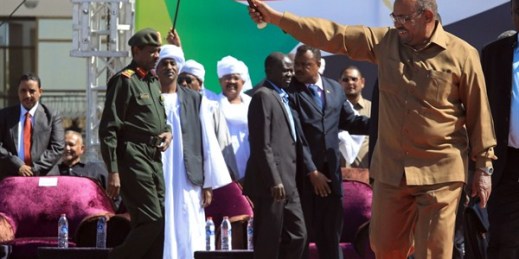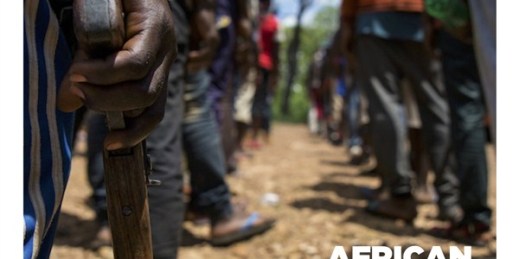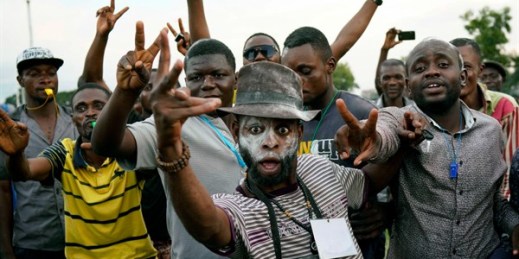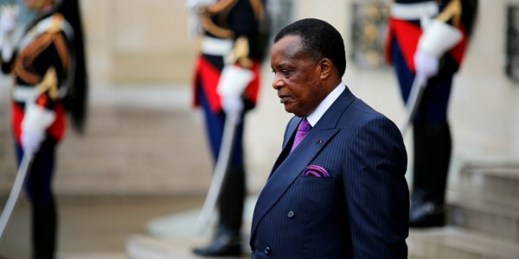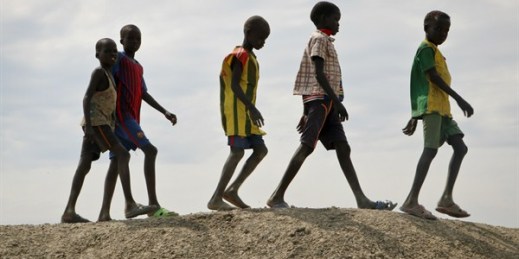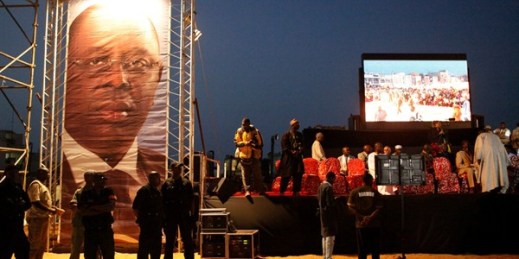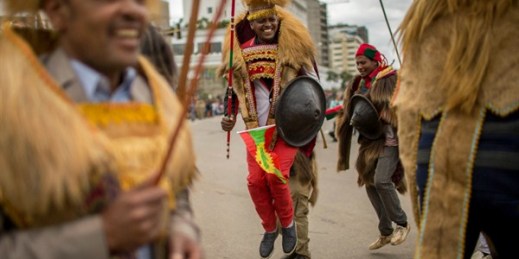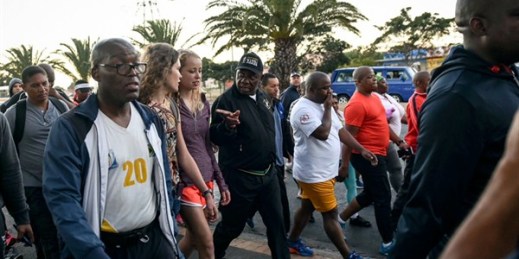
President Emmerson Mnangagwa came to power in November 2017 promising to tackle Zimbabwe’s legacy of economic mismanagement and dictatorship. But his government’s handling of recent protests makes it clear he is not the reformer he claimed to be. Find out more with your subscription to World Politics Review (WPR). The military coup that ended the ruinous 37-year rule of Robert Mugabe in November 2017 was greeted with genuine enthusiasm both in Zimbabwe and abroad. Any skepticism of Emmerson Mnangagwa, Mugabe’s successor, was drowned out by the new president’s calming rhetoric about unity and reconciliation and his commitment to a “new […]

